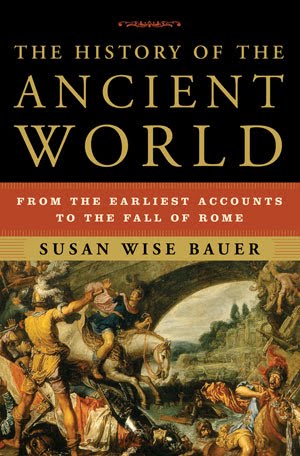 There are similarities between the French film Paris, je t’aime and the American film New York, I Love You. Both are collaborative efforts by a stable full of directors and writers. Both are set in major cities. Both deal with the relationships between men and women.
There are similarities between the French film Paris, je t’aime and the American film New York, I Love You. Both are collaborative efforts by a stable full of directors and writers. Both are set in major cities. Both deal with the relationships between men and women.
But the similarities end quickly, and end where it really matters: the quality of the content. I could not finish this movie.
I am a huge fan of Paris, je t’aime. But where Paris is sweet, New York is coarse. I am not naïve and prudish. I know that sex is a part of life, of fallen life and redeemed life. I expect that where brokenness and wholeness are experienced, it will be revealed in this most intimate of human relationships. But when sex becomes just a prop, and when nothing is left to one’s imagination, a line is crossed.
Perhaps there was a redeeming moment somewhere late in the film. If there was, I’m willing to hear. But I’m not sure that I will want to wade through what I was seeing to get there.
I confess that my expectations of this film had been dampened by the generally poor reviews it received. Sadly, viewing it confirmed those low expectations.
———-
For a contrast, you might consider checking out films from this list of the most redeeming movies of 2009.


